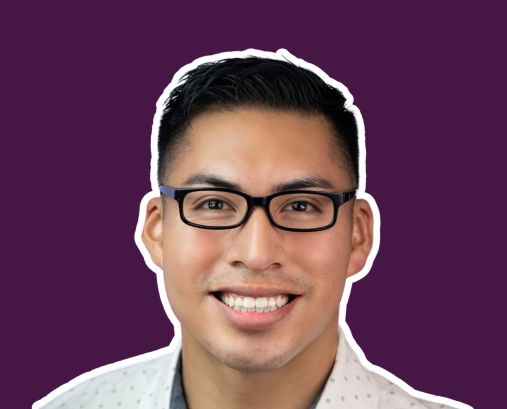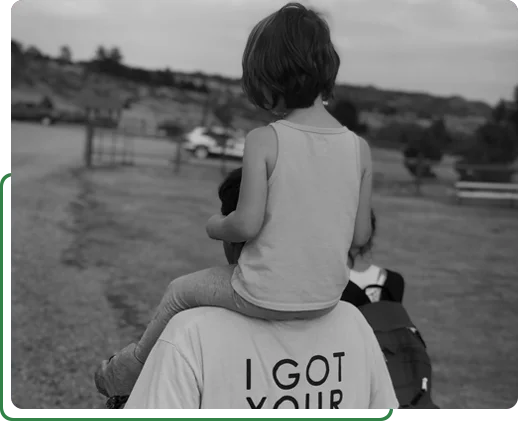Robert Medina was born in Rapid City, South Dakota, and a graduate of Rapid City Central High School. During his time at Central High School, Robert was involved in the Cobbler 2 Cobbler Mentoring Program, Youth to Youth (Y2Y) Outreach Conferences, the President of the local SADD (Student Against Destructive Decisions) Chapter of Central High School. He was also nominated as the Student Representative for the Rapid City Area School Board of Education. He also participated in Track and Field, Choir, Orchestra, and various musical performance groups.
Upon graduation, Robert enlisted in the United States Marine Corps as a Logistician and is a nine-year Marine Corps Veteran. During his time, he deployed multiple times overseas in supported campaigns such as Korean Defense, Operation Inherent Resolve and Special Purpose Marine Air Ground Task Force Southwest Border. During his time, he also served as the County Coordinator for Lane County Oregon’s Marine Corps Reserve Toys for Tots Program, providing toys and books to underprivileged children during the holidays. Robert also continued to formally train in his original passion for acting, performance and storytelling at The Studio Northwest in Portland, Oregon while still in the Marine Corps.
Retiring at the rank of Staff Sergeant after nine years, Robert was accepted to the Marshall School of Business aboard the University of Southern California where he currently studies and majors in Business Administration. He currently resides in Los Angeles, California, but maintains strong ties to his hometown in South Dakota; with a vigorous passion for BIPOC representation in entertainment, mental health awareness and suicide prevention– especially among the veteran community and BIPOC pursuits to higher education. Robert is an enrolled member of the Rosebud Sioux Tribe and is fluent in Spanish, giving thanks to his parents Donna Little Thunder and Luis Medina-Euan for maintaining his strong cultural ties in both his Native American and Mexican heritage.
Being a part of various mentoring programs and the support of numerous mentors at such an early age, Robert credits these experiences to his leadership style as he went on to become a small unit leader within the Marine Corps, collaborating with various groups and volunteers leading multiple successful Toys for Tots Campaigns in his County. Along with continued mentorship in the Marine Corps combined with mentoring during his youth, he gives thanks to these programs as he currently pursues his degree and journey to higher education; hopefully one day becoming an advocate and advisor for those seeking either higher education or alternative careers beyond high school.
Supporting the work of mentorship, networking and relationship building has benefited my life in a multitude of ways. Starting as a young teenager, it really allowed me to feel seen by peers and adults as someone who had potential; potential to make a positive impact and hopefully influence change for the better. I believe it has allowed me to feel supported in my efforts, receive help and ultimately driven me further in goals knowing that I had a team and support system I feel like I could champion and fight for. I continue to support the work of building networks and relationships because I feel it is needed now more than ever.
I believe there is so much untapped potential in the world around us, especially in rural, penurious and marginalized communities. But in a society where life is expected to be fast paced, it also inherently tells many people that one must accomplish things alone in order to keep up. But like the saying goes “many hands make light work”, so much more can be accomplished when we learn to do things together. When we look at some of the most impactful movements in history, many were not accomplished by one person; it took a team offering each of their individual strengths. It is especially imperative in formative years like middle school, high school and even at the collegiate level that it’s okay to ask for help as well as be offered help–and this helping hand should absolutely be offered to those who may need it most or in times of struggle. I also feel representation is extremely important, and what’s better and more motivating than having seen someone from a similar background or circumstance succeed? That is truly the goal and where I hope to be of service.
I truly am lucky to have had mentors, networks and friendships along that way. Whether is was being the first in my family to graduate high school, join the military and now finishing my college degree, none of this would have been possible had I not had someone I could go to. Whether it was a mentor with more knowledge, a friend with more life experience or a network of people supporting and encouraging my efforts, I had always had the benefits of having support, in turn making my accomplishments feel even greater.
As a product of incredible mentorship and having most turn into lasting friendships, I feel the only option to really feel fulfilled is to be able to offer experience and mentorship for others and continue the cycle. At the very least, I hope that if I can’t always be of support, I can cultivate an environment where relationships and networks can still be built





